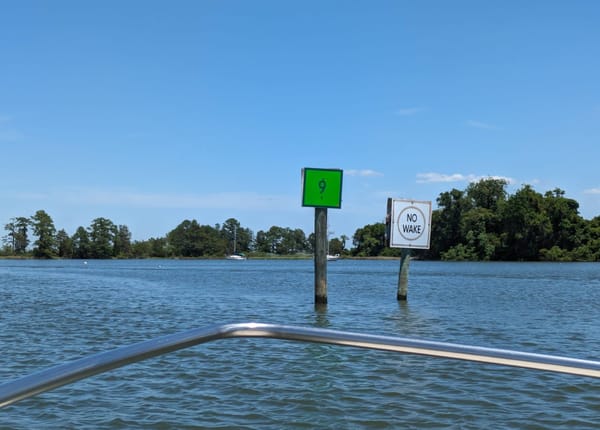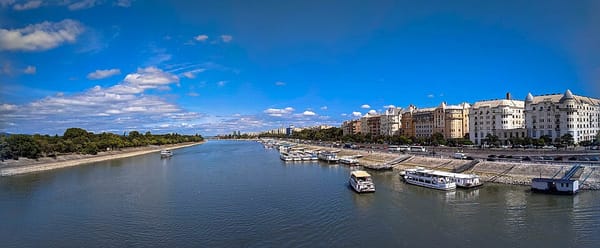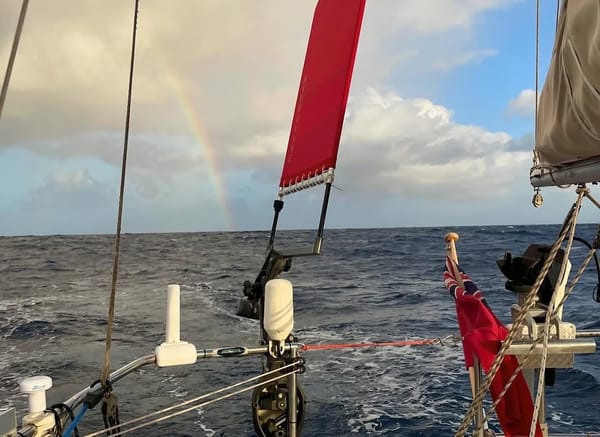Marine Electronics: Everything You Need to Know About GPS and VHF Radios
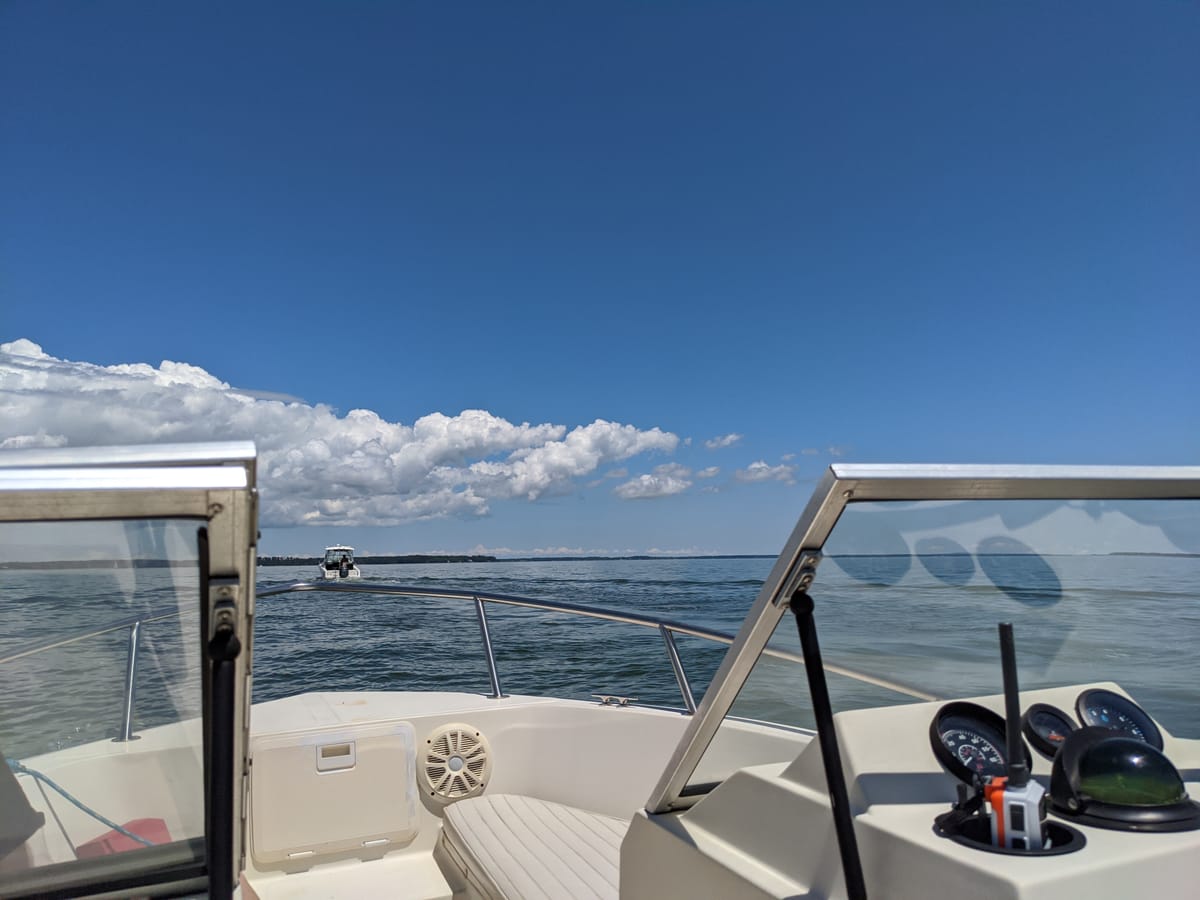
It’s vital to know where you are on the water and to be able to contact help if needed. For communication and accurate navigation, as well as safety purposes in the event of an accident or running aground, this is where GPS and VHF radios come into play.
So, do you need both or can you get by with one? Some VHF radios have a built-in GPS receiver (but not always). Often, a GPS device comes complete with other capabilities such as fish finders and chart plotters. As long as the device offers the ability for both GPS and VHF radio, this is an excellent way to cut down on the amount of electronics mounted on your boat.
Today, we're going to discuss a few key points on GPS and VHF devices before you sail or motor out of a private boat dock for rent.
GPS Device
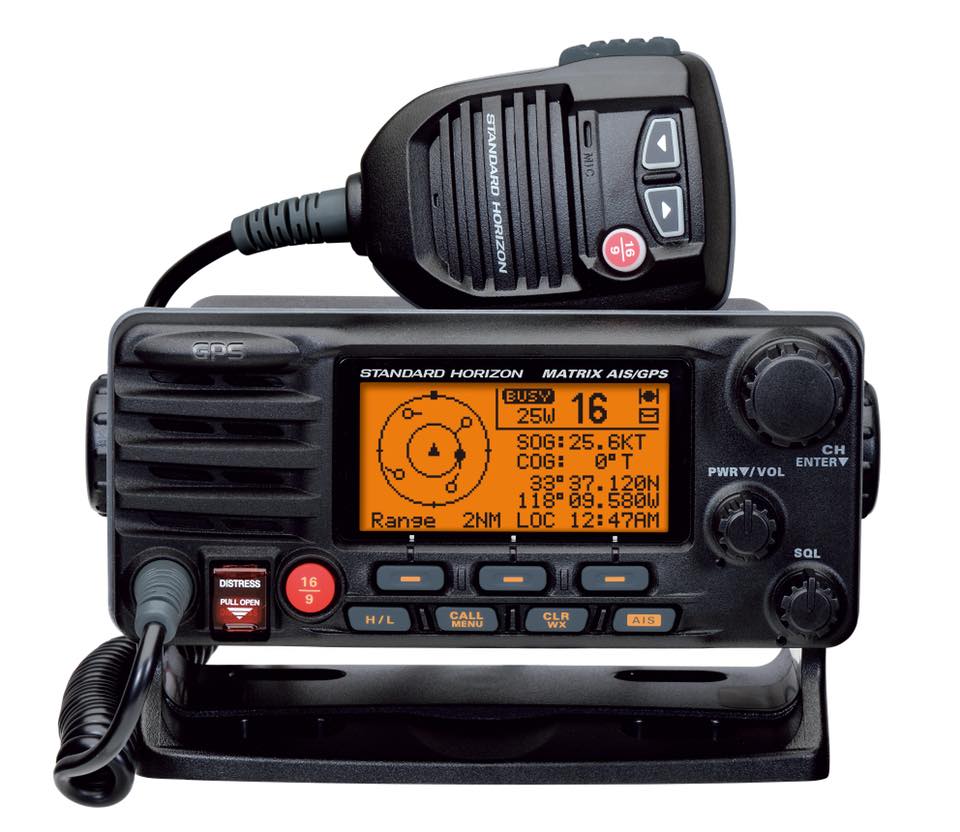
Photo: Standard Horizon (Facebook)
A Global Positioning System (GPS) is a satellite-based radionavigation system that tells you where you are on Earth (or water, as the case may be). GPS provides special satellite signals that get processed by a receiver to help boaters navigate, measure speed and determine location, even if you’re just hanging out at your boat slip rental.
In short (and without too many high-tech words), it works like this … Satellites circle the Earth. The GPS device gets these signals and decodes them to compute the location of the satellite. The receiver uses this information to calculate your exact location. Garmin, Raymarine, Standard Horizon and Simrad are all popular GPS brands.
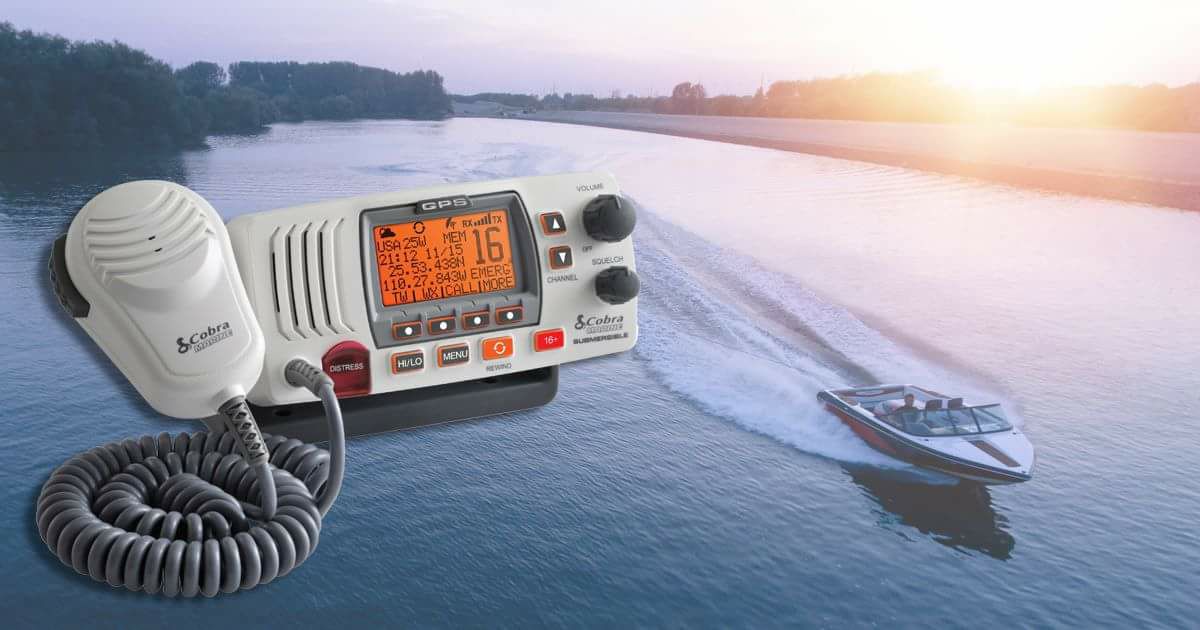
Photo: Cobra Electronics (Facebook)
Uses of a GPS Device
- Determine your location (just like in your car)
- Navigation to get from one place to another (again, just like in your car)
- Measure speed
- Track and monitor an object’s movement
- Mapping (such as recording a Great Loop trip, cruising the Bahamas-Cuba loop or saving the locations of your favorite dive sites in the Keys for future visits)
VHF Radios
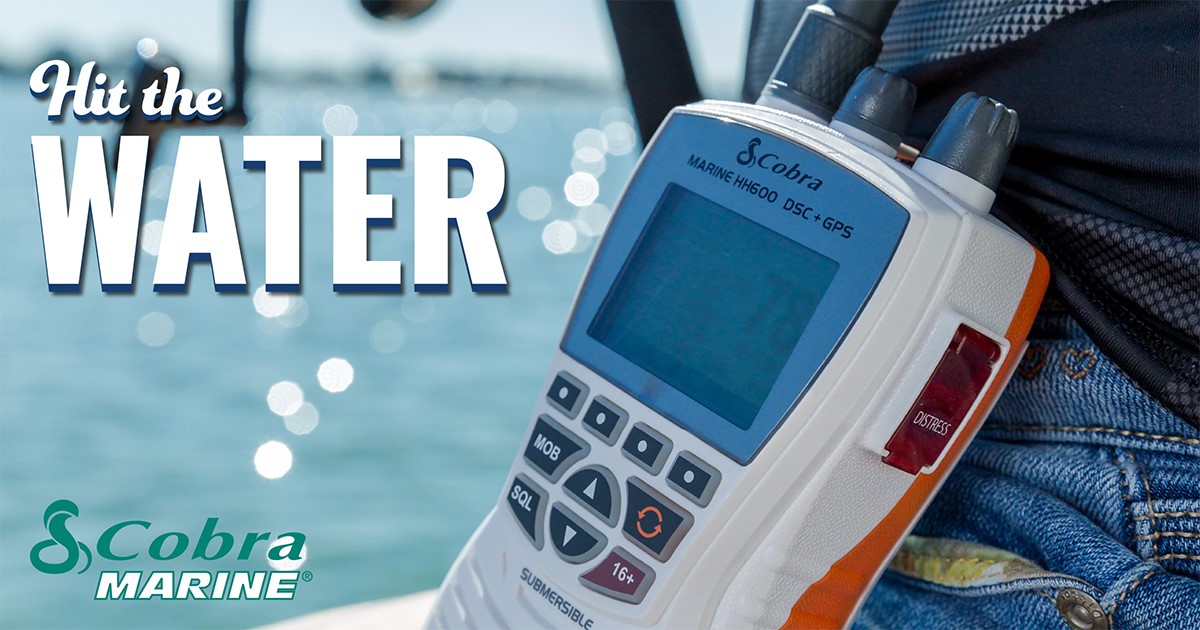
Photo: Cobra Electronics (Facebook)
One of the most important devices needed on a boat, Very High Frequency (VHF) is a system of two-way radio transceivers. It’s used worldwide and provides communication from boat-to-boat and boat-to-shore for things like distress calls, weather reports and the general sending and receiving of information. VHF works by transmitting to and from other antennas as long as the antenna is above the horizon.
VHF provides instant communication between you and other boats, marinas, the Coast Guard and bridges (which is helpful in areas such as Fort Lauderdale where there are a lot of drawbridges that you may need to have open in order to pass underneath). VHF doesn’t rely on Wi-Fi or the Internet, which gives it a good advantage over cell phones. Handheld and fixed mount VHF devices are available from brands such as Cobra, Standard Horizon and Uniden. Handhelds are nice because of size and portability. Just don’t leave it in the dock box at the marina or private boat dock rental.
In the case of an emergency, the distress channel is channel 16. It’s important to monitor this channel frequently. If you’re in extreme danger, use the phrase “Mayday Mayday Mayday.” Afterward, give the name of your boat, its position, the problem and the number of people on board. If you're not in immediate danger, but still need assistance, use channel 16 along with the phrase “PanPan PanPan PanPan” (pronounced pahn-pahn). Then give the same type of information as listed above.
Another term you may have heard of is UHF, which stands for Ultra-High Frequency. The biggest difference between VHF and UHF is their frequencies and connectivity. VHF operates with radio waves between 30 to 300 MHz. UHF radios use a frequency of 300 to 3,000 MHz. Since UHF operates at higher frequencies, it's better for indoors where it can penetrate through walls, concrete and other objects. VHF is best used for long distances outdoors, making it the device of choice for anywhere from the boat lift rental to the open ocean.
Features of VHF radios
- Range of five to 30 miles
- Available as fixed-mount or handheld
- Large and bright high-resolution screen
- Bluetooth capabilities to pair with smart devices
- Waterproof design (some float)
- Microphone with up/down channel controls
- Radio controls on the microphone
- Flashlights with emergency strobe lights
- Rewind-Say-Again feature allows the recording and replaying of last 20 seconds of a call
- Digital Selective Calling (DSC): Available on fixed-mount devices, it sends a signal with your location to the Coast Guard by pushing a button
We hope you’ve picked up a few pointers on the importance of GPS and VHF radios in your boating adventures. Don’t leave a private boat slip rental without one (or both) of them!
